
Difference Between Hybrid, Mineral, And Chemical Sunscreens
Sun protection is a crucial segment of everyone’s skincare regime. Afraid of premature aging? Sunscreens are your savior!
However, when you walk into the medical store or scour the market online, things can get complicated. Boom! Hundreds of products await you! Given the number of options, you may find it challenging to decide on the right one.
Before any of that, you must remember that no matter which sunscreen you choose for everyday use, the best one will always have an SPF of a minimum of 30.
If you’ve yet not found your ‘perfect’ sunscreen, use a couple of unique sunscreens. Try them until you find the one whose formulation best suits your skin and whose texture makes you feel exquisite.
Proper knowledge of the difference between a hybrid, mineral, and chemical sunscreens will help in your decision-making. So, let’s start.
Learn What Chemical Sunscreens Are
These sunscreens employ a specific approach and trap UV rays instead of reflecting them. Chemical sunscreens are made of chemicals comprising organic material. It turns the amount of solar radiation into heat and then releases it through the skin.
They frequently have good-for-the-skin elements and aid in moisture retention, lightening pimples, and soothing delicate skin. Its efficiency, lightweight, and quick absorption remove the requirement to reapply all day long.
To achieve the best safety, you’ll have to be more meticulous about reapplication chemical sunscreens because they aren’t photostable. You must apply them 15 minutes prior to leaving the house. This will give the skin ample time to undergo the chemical reaction prior to getting exposed to the sunlight.
Know A Little Bit About Mineral Sunscreens
Titanium dioxide and zinc oxide are mineral sunscreens’ only two active components. Both deflect UV rays to prevent them from entering skin cells, essentially doing the same thing.
Due to this method, mineral sunscreens begin acting as quickly as they are exposed to your skin. This is more unlikely than the chemical sunscreens, which must be used 15 minutes before going outdoors. They don’t need to be redone as frequently as chemical sunscreens do because they are, too, photostable.
Mineral sunscreen is the best choice if your skin frequently breaks out. That’s because it has the lowest likelihood of the three alternatives to clog pores or cause skin irritation. An additional advantage of zinc oxide is that it has anti-inflammatory properties.
Also read: Everything You Need to Know about Mineral Sunscreen
Uncover What Hybrid Sunscreen Is
As you’ve likely already figured, hybrid sunscreens blend chemical and mineral filtration. Consequently, you receive the convenience of a chemical sunscreen as well as the broad spectrum protection of a mineral sunscreen.
Dr. Loretta Ciraldo, a board-certified dermatologist, defined hybrid sunscreen as an SPF comprising chemical and mineral-based sunscreen actives.
According to her, hybrids blend the UV-reflective qualities of active chemical ingredients and the UV-absorbing and skin-altering features of mineral actives in a single formulation that may avoid skin damage more efficiently than each kind alone.
Do you prefer the protections offered by mineral sunscreens? But if it is difficult to use them frequently, hybrids are worth looking into.
Opt for a hybrid sunscreen with a minimum of 7% zinc if you have not used one before. Whenever your skin encounters sun exposure, the zinc will absorb enormous amounts of UV rays and have a cooling impact.
Final Words
Physical sunscreen is advised when you have delicate skin to prevent toxicities from mineral sunscreens’ chemical composition. It also affects how much stuff you apply as well as whether you wear makeup.
If you apply makeup, you should use chemical sunscreen to prevent the reapplication of that white cast and spoil your appearance. The consensus is - the hybrid sunscreen offers the best protection by limiting both its shortcomings and maximizing its possibilities.
After learning the distinctions between the three, you must be able to pick one that complements your skincare regimen. You can choose the right one without feeling bulky or unpleasant. Whatever the season or time of day, never forget to wear sunscreen!
FAQs:
What is the difference between mineral vs hybrid sunscreen?
The first type contains active ingredients such as zinc oxide and titanium dioxide that physically blockultraviolet rays. Hybrid options blend mineral and chemical filters, providing broad-spectrumcoverage with a lighter feel.
Is there a difference between hybrid sunscreen vs physical sunscreen?
Physical sunscreens (or mineralsunscreens) contain zinc oxide and titanium dioxide to absorb UV rays. Hybrid sunscreens fuse these minerals withchemical filters to offer broad-spectrum protection.
What is the difference between mineral and chemical sunscreen?
Mineral sunscreens contain zinc oxide and titanium dioxide to create aphysical barrier to block UV rays. Chemical sunscreens have chemical filters that absorb UV radiation andemit heat. Mineral sunscreens are usuallybetter for sensitive skin and the environment.
What is the difference between mineral sunscreen and regular sunscreen?
Mineral sunscreen containsmineral filters such as zinc oxide and titanium dioxide that deflect UV rays. Regular sunscreen is usually chemical sunscreen, which contains chemicalfilters that absorb UV rays.

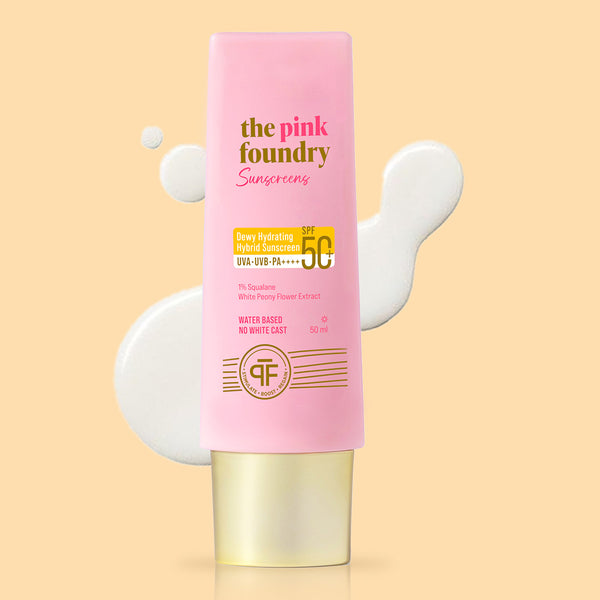
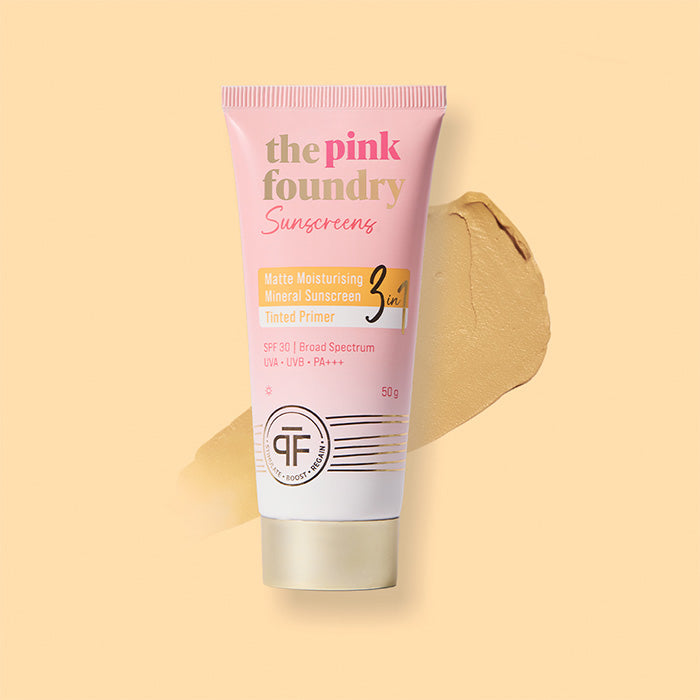





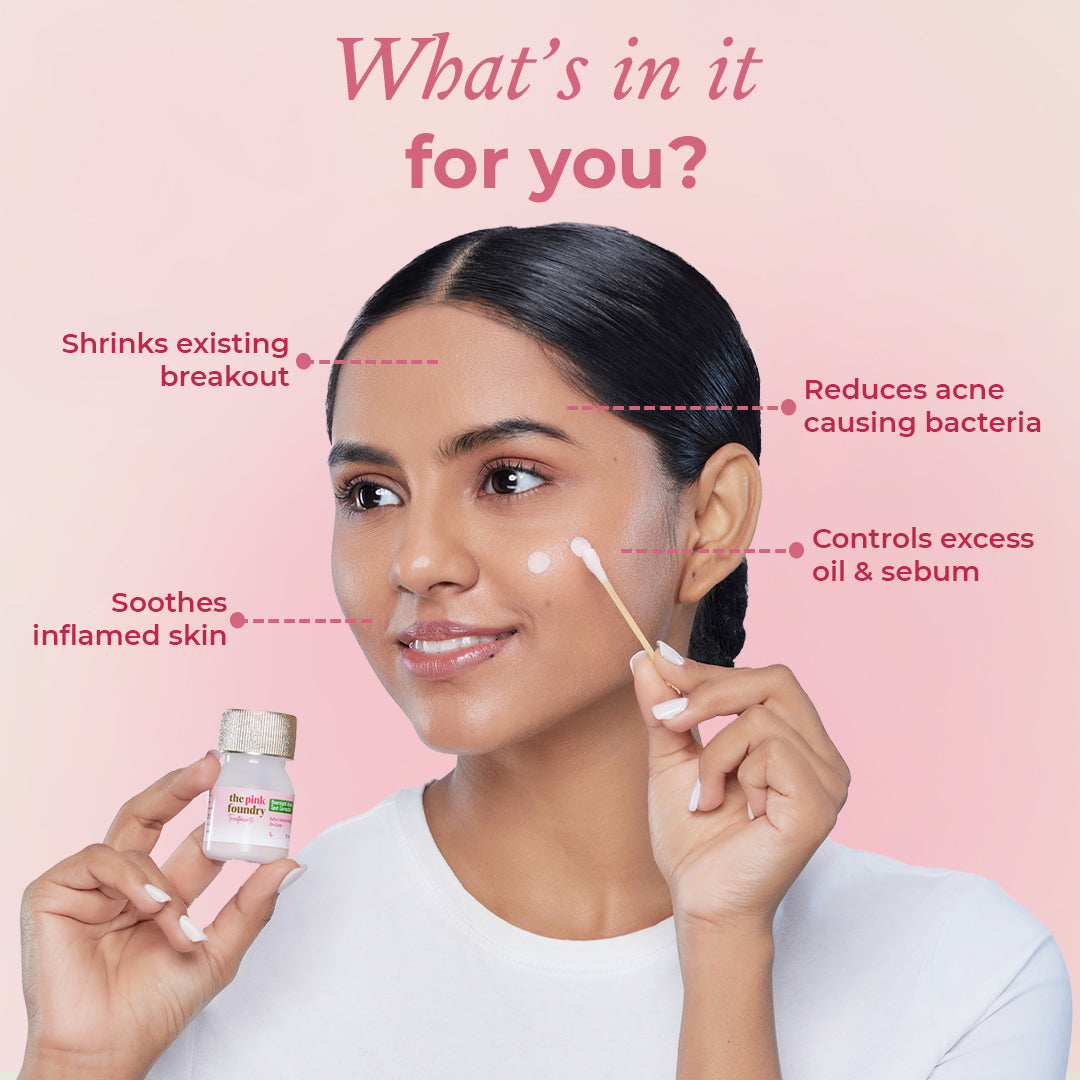
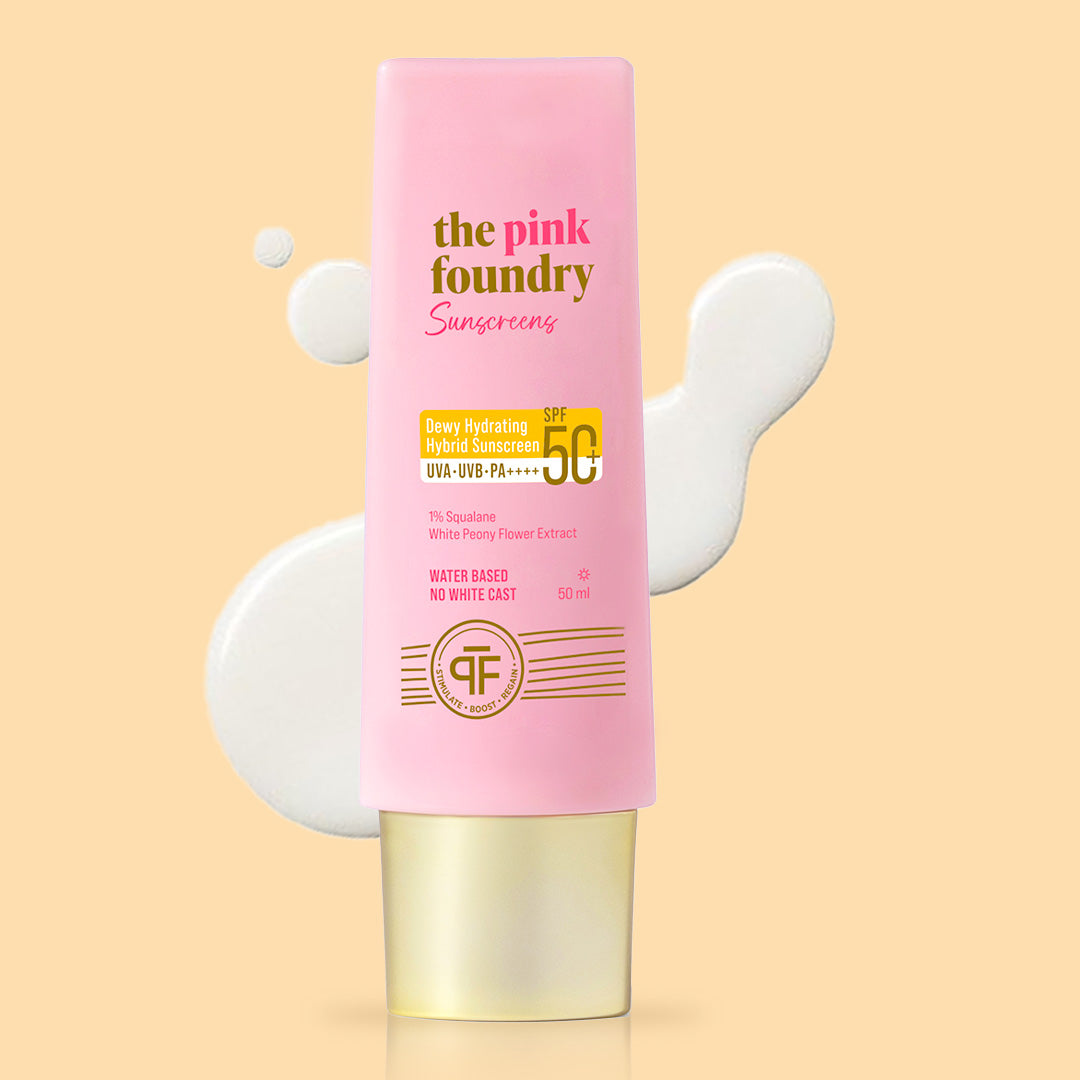
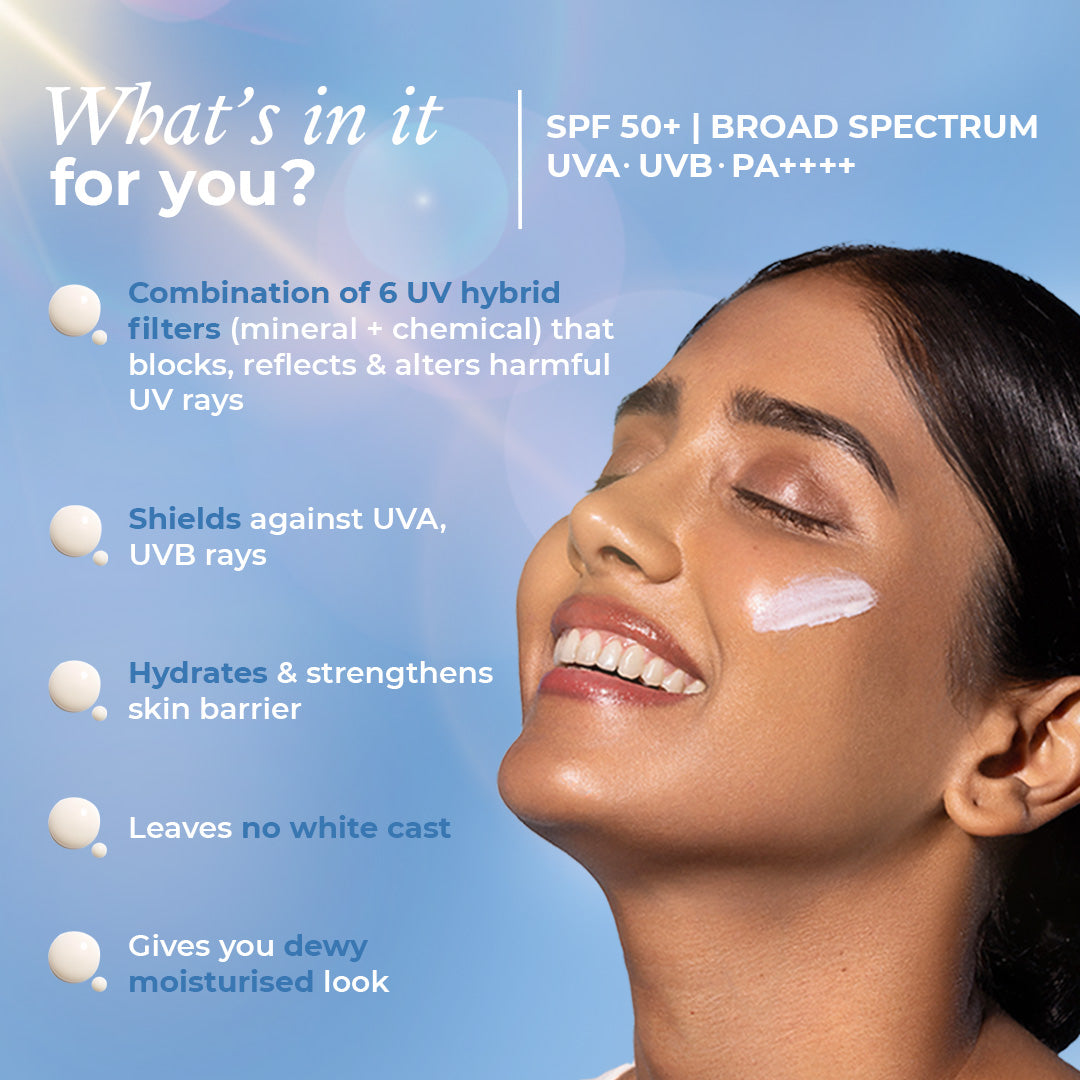


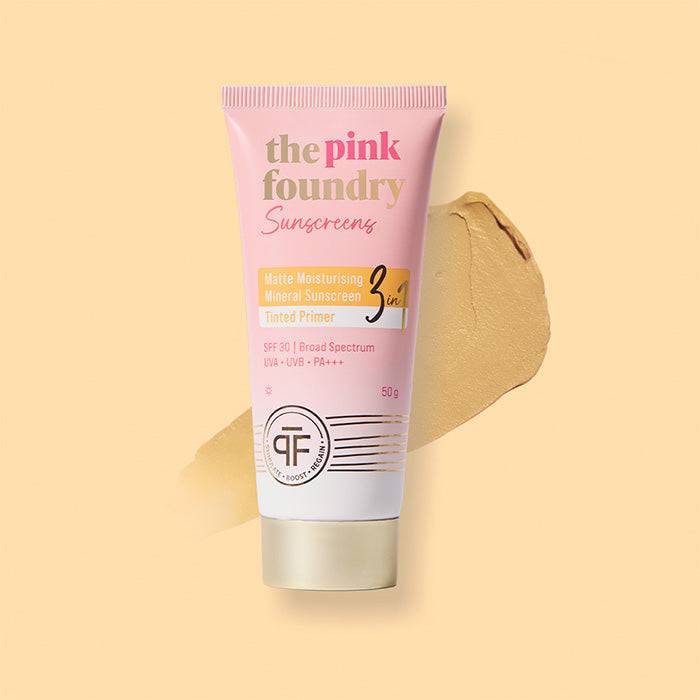
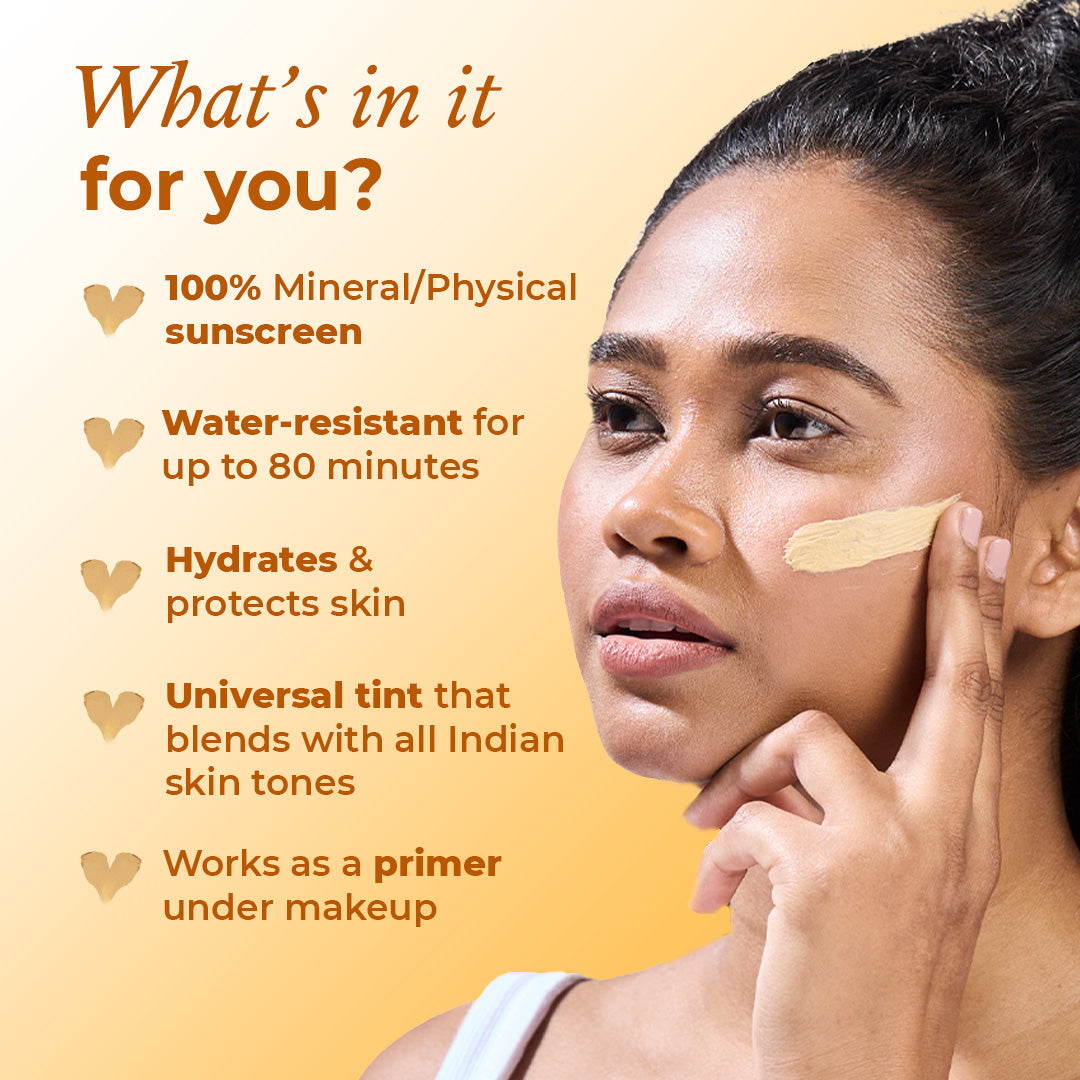



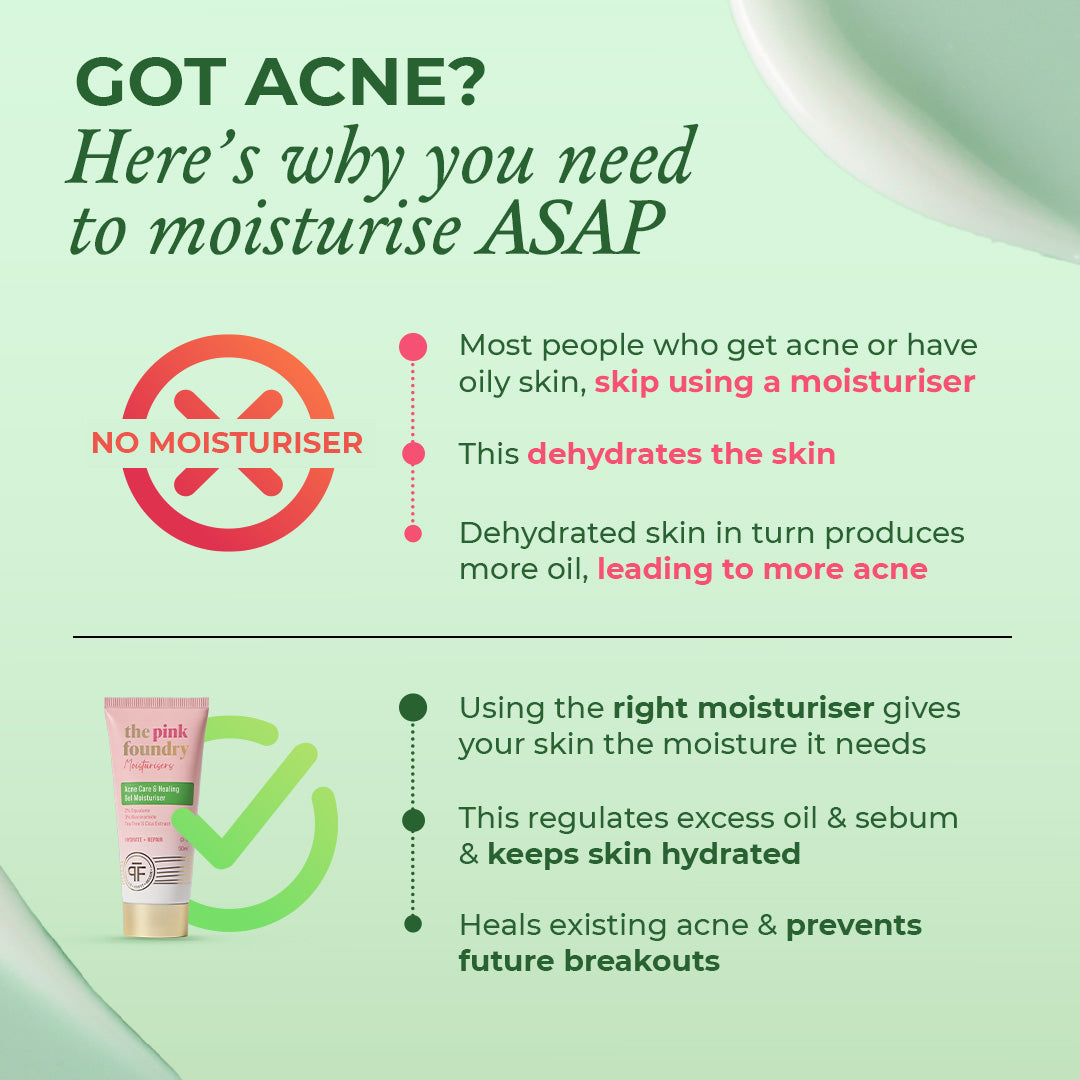
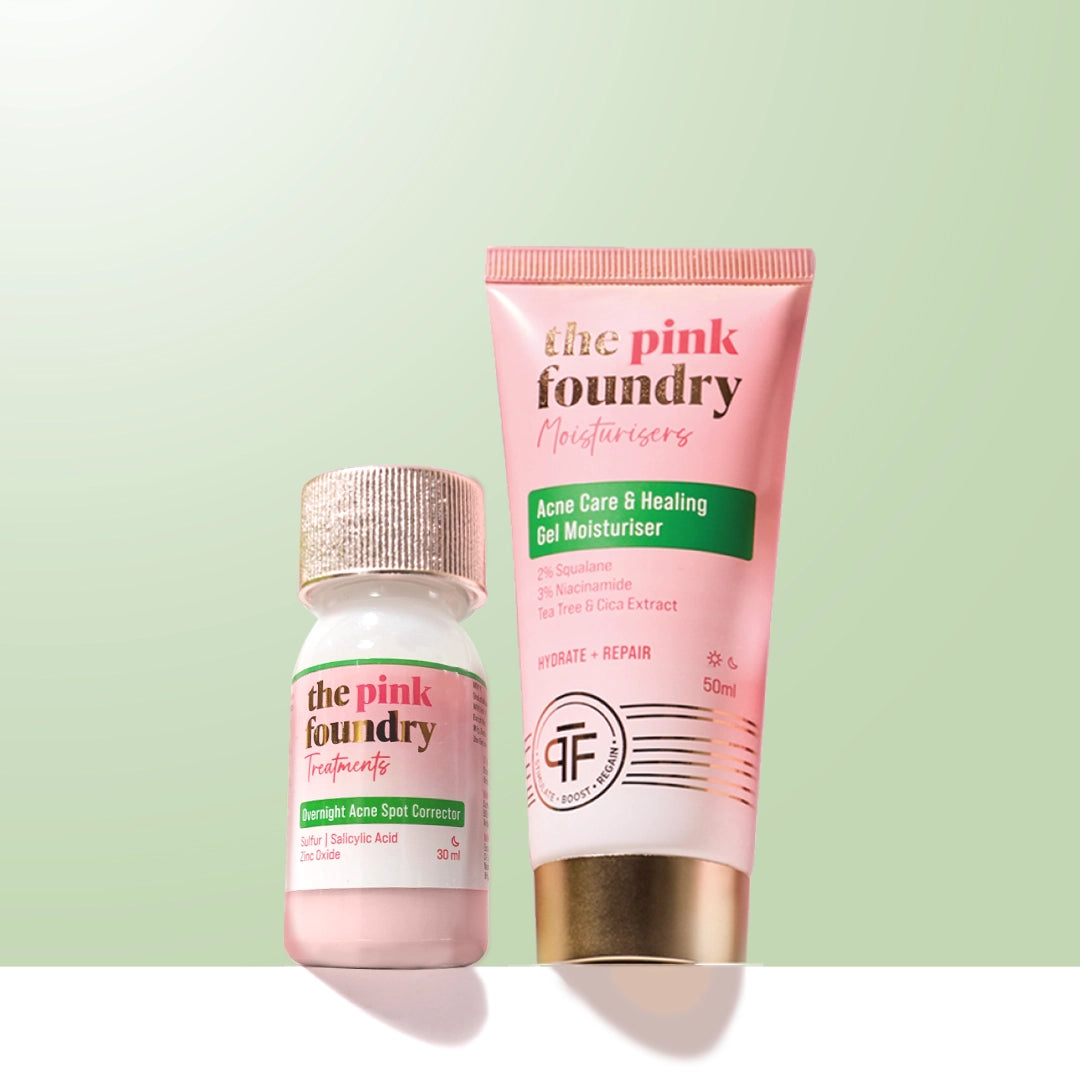
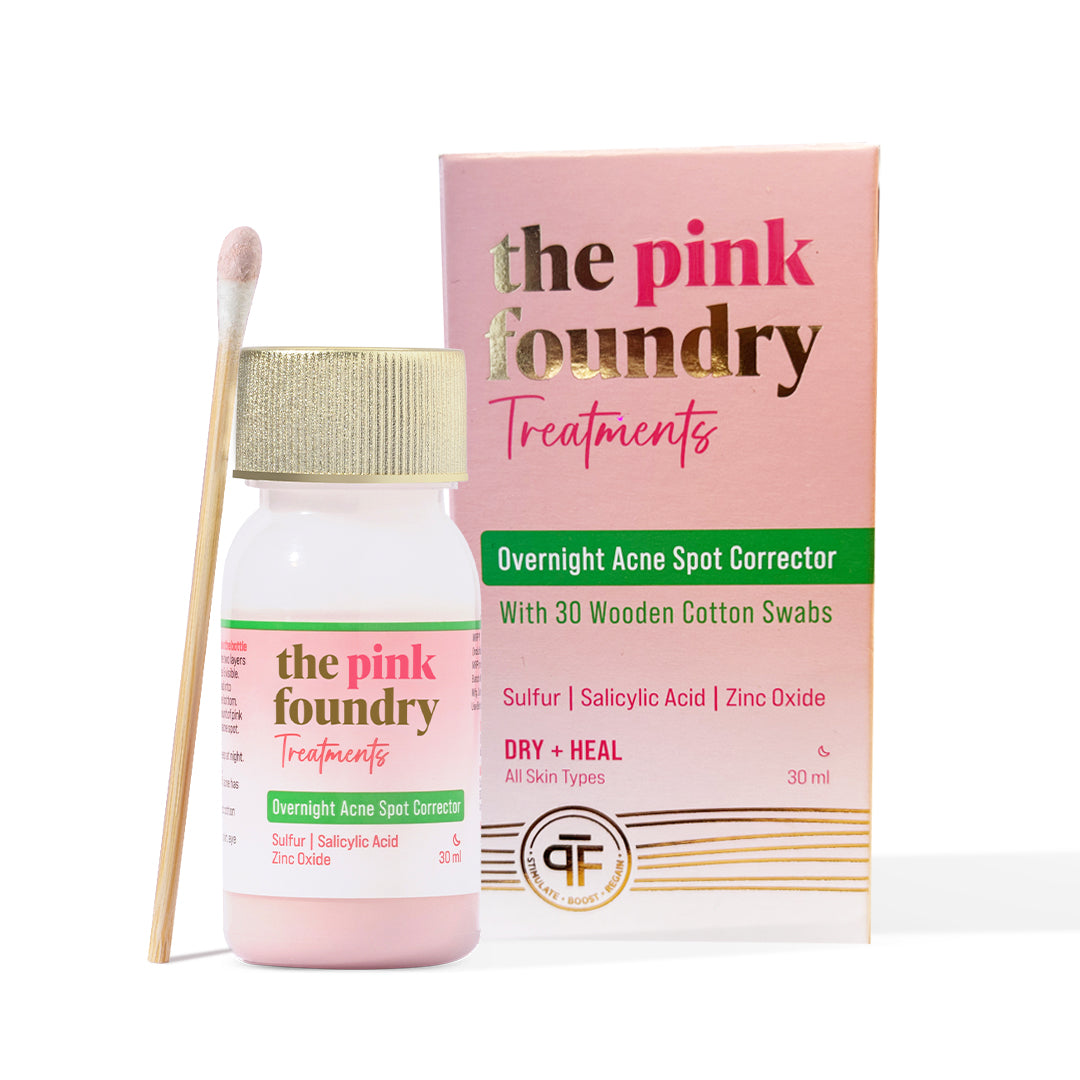
Leave a comment
This site is protected by hCaptcha and the hCaptcha Privacy Policy and Terms of Service apply.